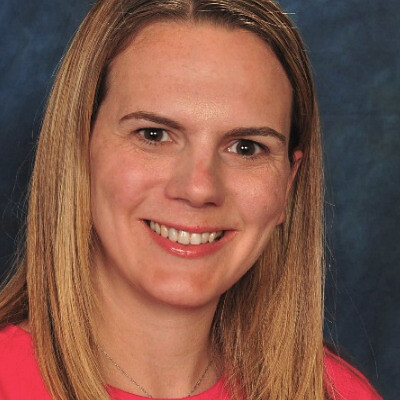Integration of Social Drivers of Health in Team-osces: Impact on Team Performance in Diabetes Case Scenarios
Background:
The use of interprofessional collaborative practice simulations, enhanced by standardized patients (SPs), serves as a powerful educational strategy to assess and improve students' learning experiences, outcomes, and teamwork skills, ultimately preparing them for professional practice. This study examines the impact of integrating Social Determinants of Health (SDOH) into interprofessional Team Objective Structured Clinical Encounters (TOSCEs). It focuses on how SDOH considerations affect interprofessional team dynamics, as evaluated by facilitators. The study aims to evaluate changes in students' self-reported interprofessional competency and cultural awareness when managing patients with diabetes, following participation in the interprofessional TOSCE.
Methods:
This study employed standardized patients and team-observed structured clinical examinations to teach and evaluate interprofessional team-based care and cultural sensitivity. Dental hygiene, nursing, pharmacy, and physician assistant students participated in activities emphasizing medical interviewing, medication reconciliation, and care transitions for English-speaking and English language learner patients managing diabetes. Students were assigned peer-evaluated interprofessional cases focused on medical interviewing involving diabetes; 30-minute cases were run 16 times over 8 hours, with 2-3 interprofessional learners per case. Case A involved a native English speaker; Case B involved an English language learner. All other aspects of cases were identical. Facilitators evaluated participants on 8 IPE-related areas using the validated Interprofessional Collaborator Assessment Rubric (ICAR). Means were quantified for each question: not observable=1, minimal=2, developing=3, competent=4, and mastery=5. Mean comparison was conducted for overall team performance.
Results:
Eighty-one students completed the TOSCE session (Total facilitator-evaluated students=42 for Case A and 39 for Case B). ICAR results indicated higher mean scores for Case A in 50% of the evaluated domains including sharing of information with the patient (Mean Case A:3.5/5, Case B:3.3/5), greater integration of the patient’s circumstances, beliefs and values (A:2.8/5, B:2.7/5), seeking patient approval when sharing information (A:2.9/5, B:2.7/5) and greater use of communication strategies (A:3.5/5, B:3.4/5). Case B evaluations were higher for provider information sharing (B:3.4/5, A:3.1/5), active listening (B:3.7/5, A:3.6/5) and team discussion contributions (B:3.6/5, A:3.5/5). Both cases showed equal integration of information from others (3.3/5).
Conclusion:
TOSCEs are effective tools for assessing team dynamics and the influence of social determinants of health (SDOH). Utilizing the ICAR, we compared teams managing cases with explicit SDOH components to those without. The findings demonstrated that the knowledge acquired through TOSCEs increased students' exposure, thereby aided in enhancing their communication and teamwork skills, which are crucial for their clinical rotations and future practice.








